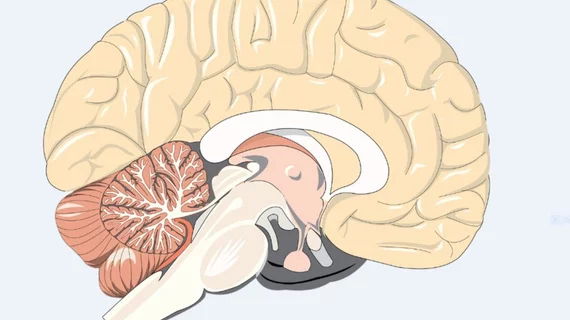How helpful is MRI for diagnosing a concussion?
As the Super Bowl approaches, the NFL has announced concussions are down nearly 24 percent over the past season. This led a University of Calgary researcher to reexamine the role of medical imaging in such brain injuries.
Following a concussion, many patients are disappointed when they don’t undergo MRI, wrote Jeff F. Dunn, professor of radiology at University of Calgary. But he also warned that MRIs aren’t very effective for diagnosing a concussion, in a Jan. 31 story published in The Conversation.
“MRI is great if you are looking for changes in the structure of the brain. This can happen after a stroke, during cancer or when there are large structural brain defects (like bits of missing brain, or hydrocephalus where the chambers or ventricles in the brain enlarge),” Dunn wrote in the story. “However, one of the definitions of concussion is that there is no significant structural damage. And a standard clinical exam is not sensitive to the more subtle changes in structure that do occur with concussion.”
He did note that methods such as perfusion MRI and functional near-infrared spectroscopy have shown promise for monitoring concussions. MRI can even help rule out more severe injuries such as bleeding, Dunn wrote, or may identify an unknown tumor, but for now Dunn and his team are still on the hunt to develop a method to image concussions.
Read the entire story below.

